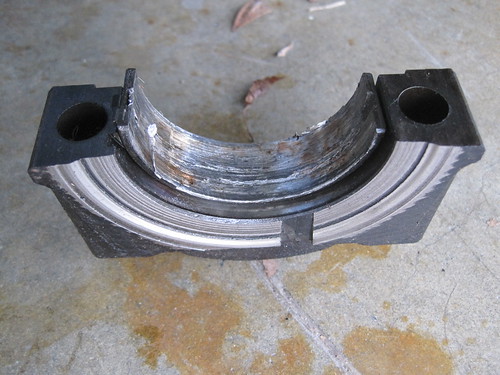Originally Posted By: MaxPF
Seriously, you are considering the expense of adding an oil cooler rather than bearings? My guess is a set of rod and mains should be under $150, probably a lot less. Unless you're incapable of changing them yourself and have to pay a shop, there is zero reason not to try that first.
I realize the original poster says he did not replace them but I did and I am having the same problems. I use to own a machine shop and have all the tools to check the clearances of the bearings, the crank, the main bearing housing, the rod journals. I have also checked the cam journals on my head and it is all within spec. Yet at hot idle I also have oil pressure around 15 psi. I have a manual that says that is within spec for the car, however every once in awhile the car sets off a low oil pressure warning at 1500 rpms. That is what i have been searching out and that is what led me to here.
Seriously, you are considering the expense of adding an oil cooler rather than bearings? My guess is a set of rod and mains should be under $150, probably a lot less. Unless you're incapable of changing them yourself and have to pay a shop, there is zero reason not to try that first.
I realize the original poster says he did not replace them but I did and I am having the same problems. I use to own a machine shop and have all the tools to check the clearances of the bearings, the crank, the main bearing housing, the rod journals. I have also checked the cam journals on my head and it is all within spec. Yet at hot idle I also have oil pressure around 15 psi. I have a manual that says that is within spec for the car, however every once in awhile the car sets off a low oil pressure warning at 1500 rpms. That is what i have been searching out and that is what led me to here.




